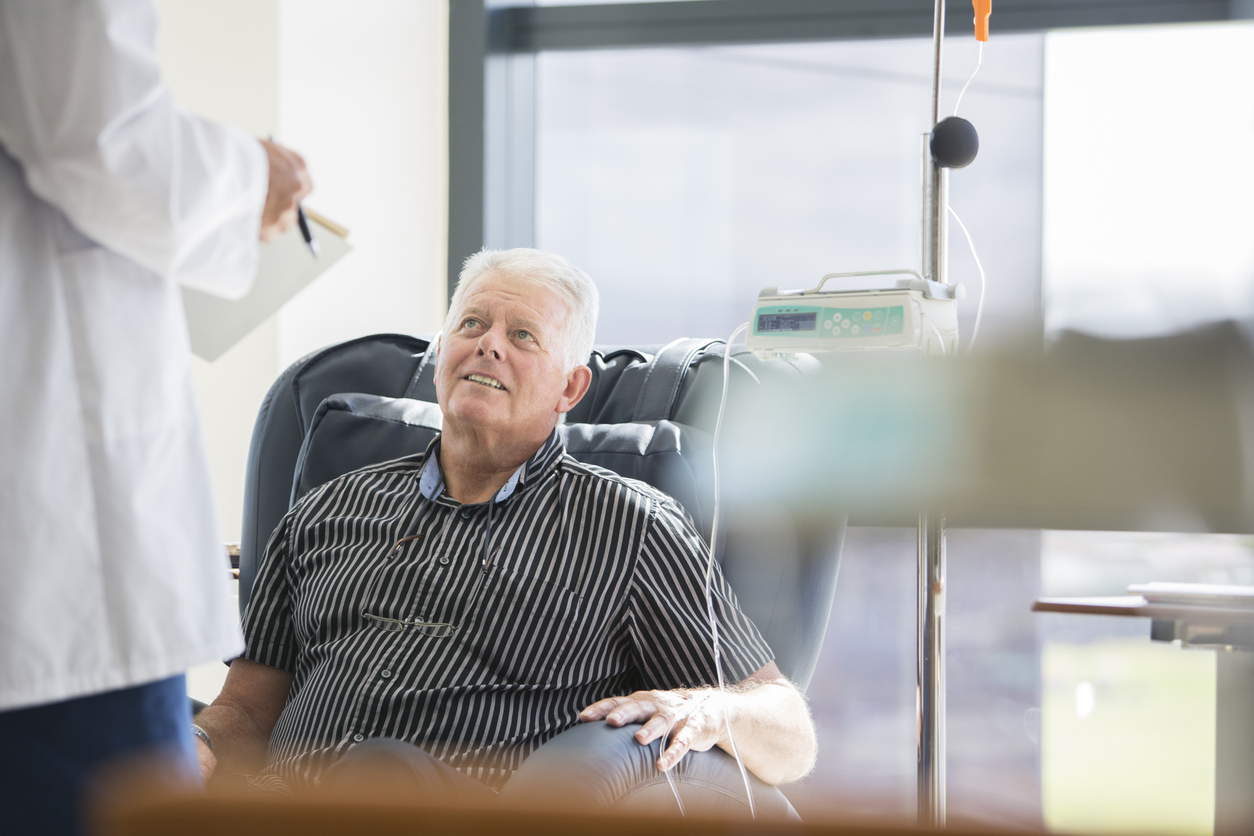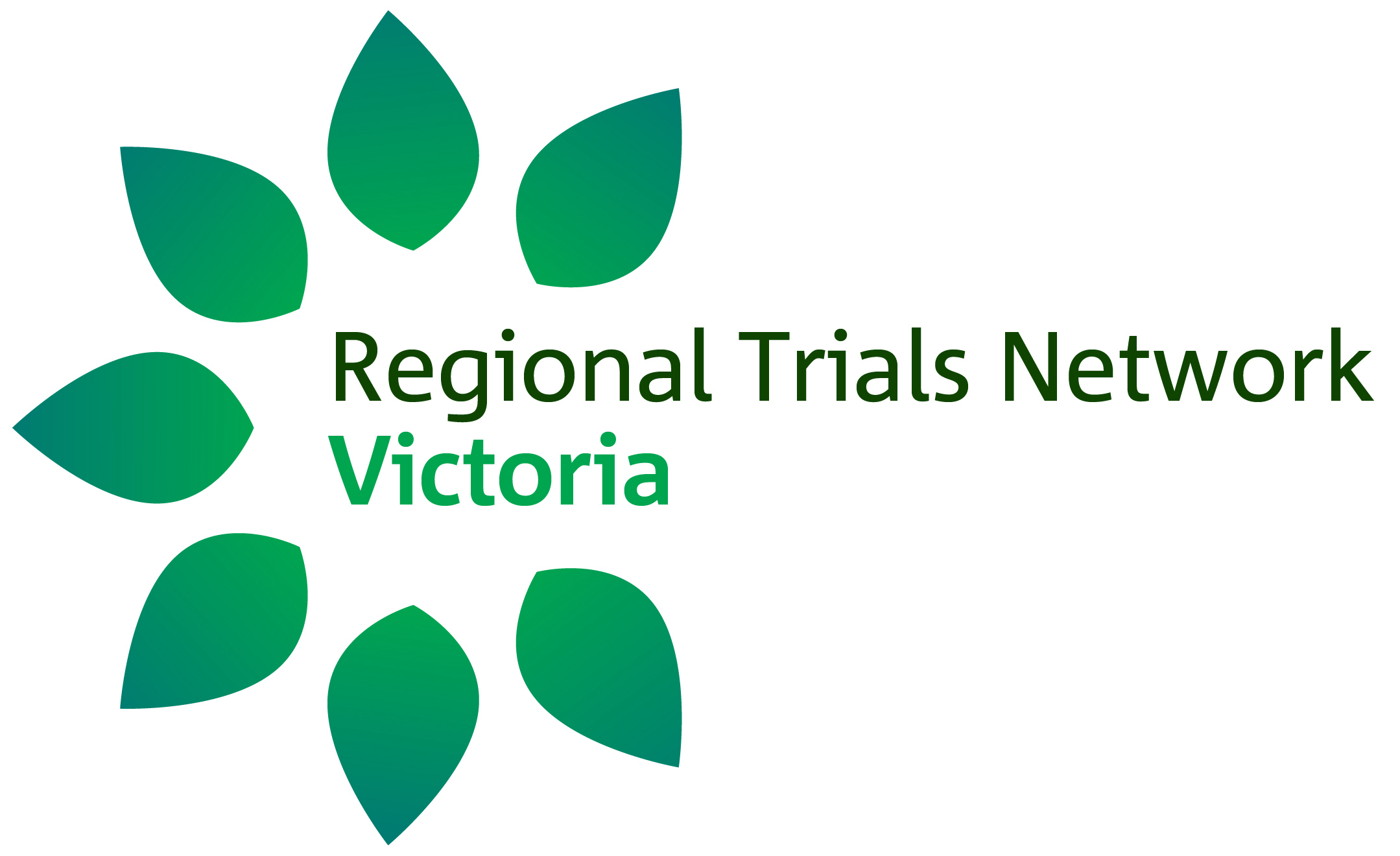
In the month of October, Victoria is celebrating the Victorian Seniors Festival, with a focus on changing what people think about ageing. As we get older, living a healthy, fulfilling life is the ultimate goal, while managing the potential health challenges that may come our way.
Thinking about our older Victorians, we take this opportunity to put a spotlight on the ReViTALISE Geriatric Oncology initiative. After all, it is estimated that 51% of worldwide cancer incidence occurs within the 65 years or older age bracket. With advances in treatment, more people are surviving their diagnosis and can expect to live as long as their peers.
Worldwide, people are living longer and enjoy more healthy, active years of life than ever before. The goal of the ReViTALISE Geriatric Oncology initiative is to ensure older adults have access to quality cancer care so that they too, can enjoy more healthy, active years of life.
In 2020, ReViTALISE was successful in an MRFF Regional, Rural and Remote Infrastructure competitive grant to continue and expand research in Geriatric Oncology. Successful care of older adults means avoiding stereotypes and preconceptions about ageing.
At the heart of caring for older adults with cancer is understanding what matters most to them. The Geriatric Oncology initiative, led by Professor Irene Blackberry and Dr Christopher Steer, aims to:
- Improve access among older adults to participate in oncology clinical trials
- Build capacity to conduct geriatric oncology clinical trials
- Train, mentor and recruit care providers to assist and participate in geriatric oncology trials across regional, rural and remote Victoria.
Since 2022, the initiative has presented its research at four international and eight national conferences related to ageing, cancer and health services research. Members of the geriatric oncology initiative have also been invited to speak at multiple webinars, to chair international conference committees, and be guest editors for special-edition academic journals.
The group has been actively applying for funding to support its efforts in the geriatric oncology space. The team has expanded to include two PhD candidates. Three medical students and two social work students have completed projects with the help of the Geriatric Oncology team. These projects have explored the experience of fear of cancer recurrence in older women and have tested novel methods of age-friendly cancer care provision.
Four projects are underway, including the use of wearable devices in functional assessment of older adults, implementing age-friendly principals of geriatric assessment and enhanced supportive care in regional cancer centres, ageism in oncology decision making, and setting up a registry to assess the outcomes for older adults undertaking geriatric assessment.
All of this work would not be possible without the collaboration of the John Richards Centre for Rural Ageing Research, the Care Economy Research Institute, Border Medical Oncology and Haematology, and the support of the Albury Wodonga Regional Cancer Centre Trust.
Over the past twelve months, the geriatric oncology initiative has rolled out a roadshow in regional Victoria. In this presentation, the team described how the use of screening tools and geriatric assessment can help guide supportive care and assist in assessing a patient’s suitability for clinical trials. Team members shared the insights gained from the implementation of geriatric assessment and enhanced supportive care at the Albury Wodonga Regional Cancer Centre to highlight the barriers and facilitators to the process.
The roadshows proved to be an excellent opportunity to explore future collaboration in clinical trials, health services research, and implementation science. We believe embedding these tools and geriatric assessment into routine care in a regional cancer centre can help enhance patient outcomes.
